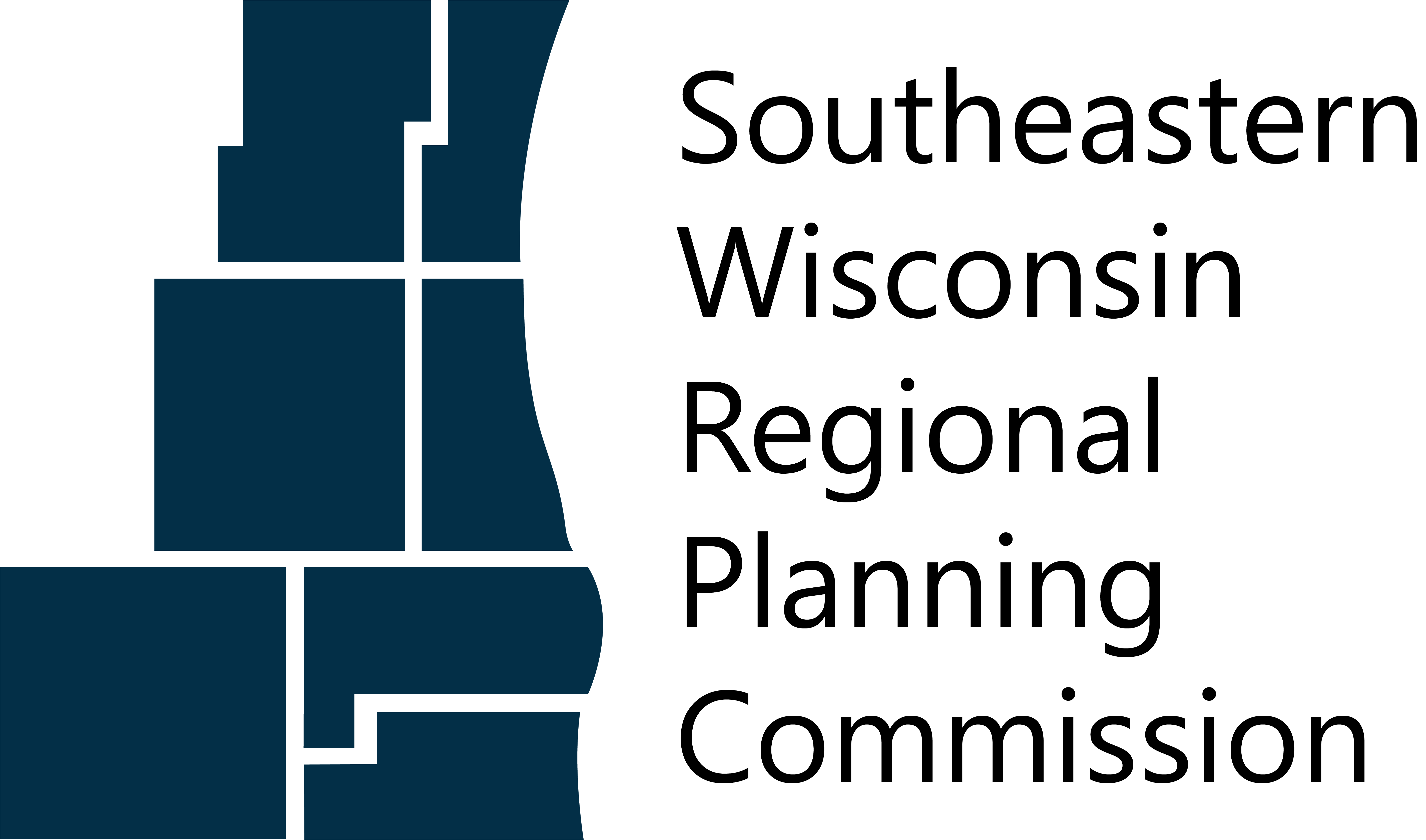MPO Role & Responsibilities
The Commission is the federally designated Metropolitan Planning Organization (MPO) for Southeastern Wisconsin. Through this role, we ensure that all transportation planning and programming requirements are met through a comprehensive, cooperative, and continuing planning process.
Background & Geography
The Commission’s long history of regional transportation planning began with initiating the transportation planning program in 1963. In 1974, the Commission was designated the Metropolitan Planning Organization (MPO) for transportation planning for the Kenosha, Milwaukee, and Racine urbanized areas.
The MPO boundaries were later extended to include air quality nonattainment areas and currently include six of the Region’s seven counties. While not technically subject to the MPO planning requirements, the Commission includes Walworth County as part of the long-range transportation plan and TIP.
Role & Responsibilities
In coordination with the Wisconsin Department of Transportation (WisDOT), local transit operators, and local units of government in Southeastern Wisconsin, the Commission is responsible for conducting a continuing, cooperative, and comprehensive transportation planning program in accordance with provisions of Federal Law. Two of the primary products of this process include:
-
A metropolitan transportation plan with a minimum 20-year planning horizon
-
A regional transportation improvement program with a 4-year planning horizon
Our service as the MPO ensures that the Region is continuously eligible for federal highway and transit funds. We are also specifically responsible for working cooperatively to select transportation projects for federal funding directly allocated to the Milwaukee urbanized area.
Certification Reviews
Annually, with the adoption of the overall work program, and periodically, the Commission adopts a new transportation improvement program, regional transportation plan, or plan amendment, the Commission self-certifies it is meeting federal planning requirements.
Quadrennially, the Federal Highway Administration (FHWA) and Federal Transit Administration (FTA) conduct a federally required review of Southeastern Wisconsin’s transportation planning process. This review determines whether the process is meeting the federal transportation planning requirements outlined in 23 CFR 450 and assures that an adequate process to ensure conformity of plans and programs in accordance with 50 CFR 51. During the summer of 2024, the Commission underwent another federal quadrennial review with the Federal review team recertifying the Commission’s planning process.
